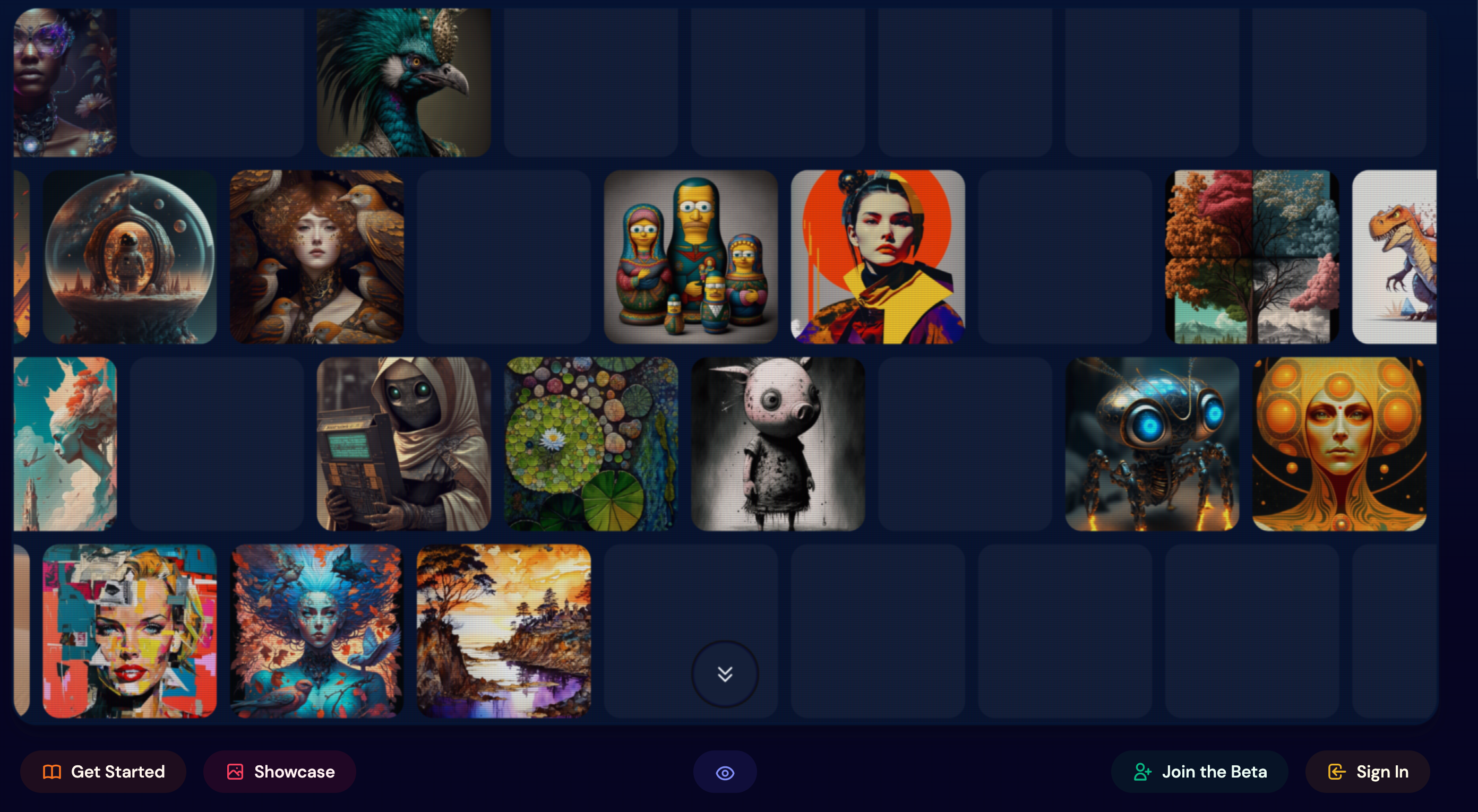With a fifteen-year experience in marketing, Raluca is the Marketing Strategist and Founder at Utopic Brain, a Marketing & Creative Boutique. She is also a published author and photographer.
When facing a shock, we usually freeze. Our minds, our souls and our reactions pause to reflect, to realign, to recover.
We take our time to accommodate what’s coming towards us in order to be able to access the parts of our habits that fit the challenge, when in fact … it could be the other way around.
But changing a habit is not as easy as it might seem. It’s only natural that crises shock us in a way that we either need to distance from the stimuli or madly and unconsciously confront it with our gut feeling and educated guess (a sister of the gut feeling).
Denial, anger, negotiation, depression, acceptance are statistically the five emotional steps that accompany us in the ladder climbing difficulties.

Concentric paths. When my circle got smaller, my vision got clearer. Photo by Raluca Mihaila.
Marketing is all about emotions
Marketing, besides an apparent emotionless process, is all about emotions. Although it is supposed to be a frame through which anyone can build, promote, sell and resell their products and services, it really comes down to people’s emotions, needs and desires, hence it can be considered the best and the most complex crutch you can lean on when you have no idea about what to do, where to go and why everything happens.
Unfortunately, many companies get stuck somewhere between the anger and negotiation and can’t go any further using Marketing tools as the beginning of a cure.
Why?
Because people freak out and what drives huge parts of company growth (a.k.a. marketing) is left behind operations, IT, production, legal aspects and generally speaking, cost-cutting. One of the most important tools a company has when in distress is considered useless.
Just like in real life. Whenever we face deaths, professional traps, shaming, depressive periods, breakups, bullying (all considered emotional shocks) we usually stop talking to other people and we start living in our own heads willing to reconnect with ourselves; when in fact, talking about it, being honest and opening up, understanding what went wrong, admitting our weaknesses or sufferings and trying to overcome them through conversation would be a way better medicine.
The reasons for this gap between what we should do and what we actually do lies right in the middle of reason and emotion.
[bctt tweet=”Marketing Strategist & Founder @Utopicbrain.ro Raluca Mihaila: Marketing has more to do with strategic thinking, emotional balance and putting yourself out there than it has with communication alone.” username=”brand_minds”]
How can Marketing help in a crisis
If you run a Marketing department during a crisis, the first ones you should think about are people.
And this, from a dual perspective: your own (from the organization/team) and outside of the organisation (your clients and your non-clients).
Regardless of the intensity, a crisis impacts everyone, therefore having the wisdom to zoom out the context and access your better judgement and be able to see beyond your own yard is golden.
People are the starting point of everything: innovation, production, workforce, systems, creativity, selling, buying.
People from within and outside of your organization might have been won over when everything was running smoothly, but they expect you to be there for them when things go wrong as well.
Marketing is an unwritten responsibility of any market player and has way more to do with strategic thinking, emotional balance and putting yourself out there than it has with communication alone.
The responsibility to create something of value, to have ethics, to make and keep promises, to be sustainable, to build communities and be there for them at all times, to be profitable, to be trustworthy and above all, communicate on all of them. When trusted, you catch attention.
Being there for your (non)clients & employees
Clients and employees gained prior to the crisis are there to stay … if you keep them. How?
Be honest, keep calm and makes simple plans. While remaining calm, communicate internally the current status, possible scenarios, true facts, clear information and actions that will take place in order to prevent chaos. Don’t be afraid to say unpleasant things, as long as you keep everybody as safe as possible. It’s the same with the clients.
Connect. Overcome your fears with lucidity and creativity and activate your brand community for solutions. Isolation is not a good option. Ask hard questions and be ready for the answers (what you can change, where you can contribute, how to be better).
Remind the ethics. Usually, during a crisis, the cost of living remains the same, if it doesn’t go up. Don’t give in to the temptation of opportunistic behaviour and increase prices, cut competition off or engage in immoral activities. It is a toxic approach killing your reputation and disengaging for your brand lovers.
Being there for the product
Open doors to the competition. Show, in all honesty, industry empathy and solidarity. Together will always be better than on your own. Try to openly identify what’s best for you-all and engage other players in joining you in the process of finding solutions.
Use the power of networking. Provided you were careful enough to make friends and connect with people over time, it’s now the moment to “collect” on your extended community. Your business is not an island, but a part of the whole, so asking people from various fields how they handle the situation, if you can be of help and how will raise awareness.
Stay close to the press. Keep the press informed of your decisions and prevent fake news arrival.
Keep the standards. Don’t allow anything less than what you offered before the crisis. No shock is big enough to motivate poor quality. If, though, you have to downgrade temporarily, try the creative (and honest) advertising approach. For example, a special line of “inferior” very good sneakers can be Austerity line: Cheap has never felt better while walking through the crisis. (limited stock, the crisis will not last forever).
Find the big idea. Every brand has a core element of specificity through which innovation occurs in a context of real, authentic, contextual milestone. If you keep yourselves in the legit area and don’t pretend to know what you don’t, people will listen to you, especially if you use the whole Marketing mix.
Being there for the profit
In order to keep making money, you have to survive first. Emotions connect people, but in the end, everybody wakes up and it’s lucidity that makes them stay.
Genuine CSR. Caring without showing off is the most honest way to help the community. Even not PR-ed, good news circulate and, in the end, humbleness melts the coldest hearts, so new clients will ultimately join you.
In power, still kind. If you’re still in a position of power and perhaps the crisis boosts your company’s growth, you can contract services from qualitative companies* struggling to survive. After the tough moment passes, they will remember you were there for them.
*It’s important whom you help during a hard moment. Crises are, beyond anything else, readjustment mechanisms of the free market, so it helps to distil the fraud from morality, the good product from a bad product. Make sure you offer a helping hand to someone who deserves to survive.
Take a step back. Scan the market. See what the others do. Many challenges are opportunities in disguise and a crisis is a good moment to realign products and services, to spot outdated products or unprofitable lines.
See experts, but think for yourself. They don’t know either what the future will bring, so don’t rely on their confirmation biases, but rather use theirs to escape your own.
Conclusion
Not being impulsive in moments of struggle is as important as listening to your better judgement when what the other people say don’t make sense.
It’s important to keep in mind to do good and talk about it, no matter the moment, no matter the struggle.
And one more thing: in this order.
Join the Conversation
We’d love to hear what you have to say.
Get in touch with us on our LinkedIn Group, Facebook Group or Twitter.


















